Ukraine and NATO: from formal cooperation to strategic partnership, from public rejection to total support
On April 4, 1949, the United States, Canada, and ten Western European countries signed the Washington Treaty on Collective Security, thus forming the the North Atlantic Treaty Organization (NATO).
NATO, as a military-political bloc, was created in opposition to the Soviet Union at the beginning of the Cold War. The main pillar of this alliance is undoubtedly Article 5 of the Washington Treaty, according to which an attack on one of the countries of this organization is an attack on all NATO member countries.
Ukraine's relations with NATO have a rather long and difficult history. In recent times, they started in a qualitatively new format with the signing of the Charter in 1997 on the special partnership between Ukraine and the Organization of the North Atlantic Alliance.
It is worth noting that even during the time of President Leonid Kuchma (!), a provision in the law on the foundations of national security stipulated that one of the goals of Ukraine's foreign policy is its Euro-Atlantic integration. And at the Bucharest summit of the bloc in 2008, it was decided that Ukraine would become a full member of the alliance.
As it was then announced: NATO's doors are open to Ukraine. But they forgot to say that there is a guard at the entrance of this door who demands NATO documents for entry, which Ukraine never received (referring to the infamous Membership Action Plan (MAP), which was never provided to Ukraine).
It is clear that under the traitor Yanukovych, who was under pressure from russia, Ukraine acquired a neutral status, and joining NATO was removed from the political agenda.
The situation changed radically after 2014 and the beginning of full-scale russian aggression against our country. Today, the achievement of Ukraine's membership of NATO is a constitutional norm. All leading political forces of Ukraine support its entry into the alliance.
Ukrainian society also went through its difficult path from the perception of NATO as an aggressive bloc imposed by Soviet and then russian propaganda to the realization that the alliance is a collective security organization that can provide real help to Ukraine in its defence against Russian aggression and deploy its nuclear umbrella. Today, 80- 90% of our citizens support Ukraine joining the alliance.
Thus, a stable social and political consensus was formed in Ukraine regarding the support of our country's accession to NATO.
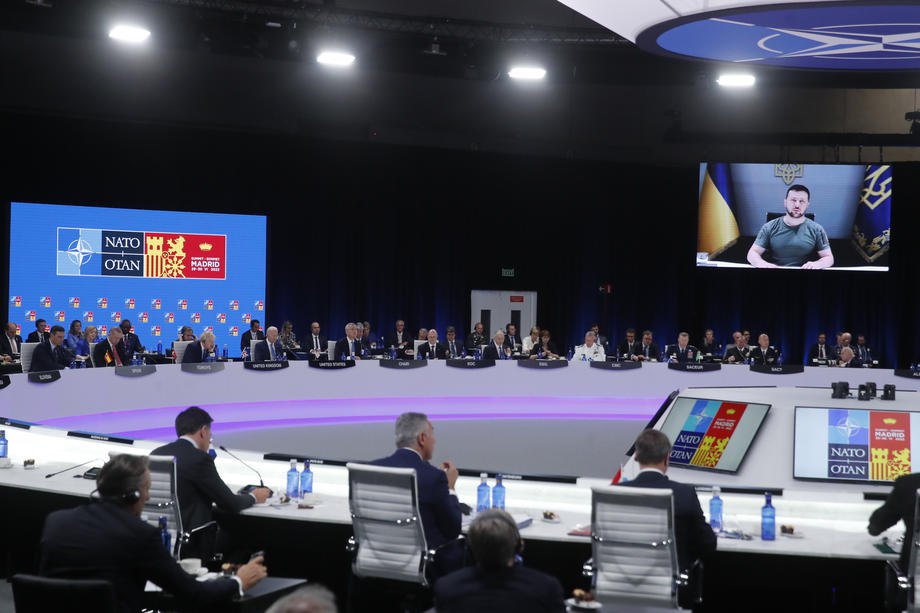
Ukraine is a member of NATO: “against” and “for”
However, there is no such political or social consensus abroad. Information Defence experts have analyzed the arguments that our Western partners are using to justify the impossibility of Ukraine joining the alliance.
Conventionally, they can be divided into three groups: 1) purely military problems related to the organization of the Armed Forces and the achievement of operational interoperability; 2) problems related to insufficient level of democracy, development of market economy, high level of corruption in the country; 3) problems related to political and social instability, ATO, and then full-scale russian aggression against Ukraine.
Let's start analyzing the content of these arguments one by one.
The first group is connected with military problems only. In particular, thisis the question of the operational compatibility of the military organization of Ukraine with the NATO defense forces, which arose immediately after our country declared its claims to join the alliance.
Since then, we have come a long way in achieving compliance with NATO standards. According to various estimates, such compatibility now reaches 90%.
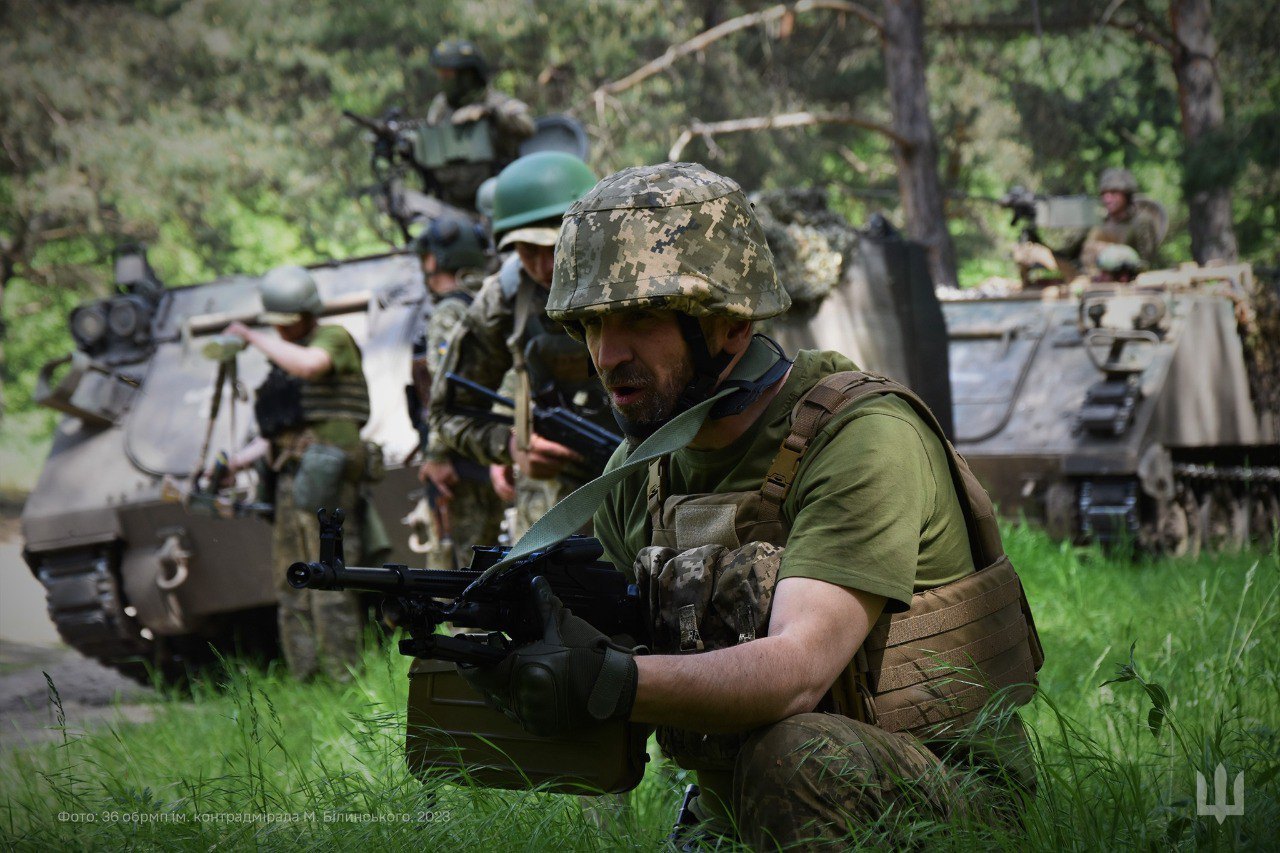
Especially today new standards of military organization and verification of their effectiveness are being laid on the battlefield in Ukraine. It is possible that as a result of the russian-Ukrainian war, it is NATO, and not us, that will need to make changes to the existing standards, using Ukrainian military experience.
It is unlikely that the arguments regarding the lack of military compatibility between the Armed Forces of Ukraine and NATO, which once seriously influenced the adoption of a political decision regarding Ukraine's membership of the alliance, will now be discussed at the highest level.
The second group is connected with the problems of fighting corruption and the problems of the democratic growth of Ukraine. They are focused on low assessments of the level of Ukrainian democracy and the development of the market economy, a bad business climate, an unfair judicial system, and a high level of corruption.
Indeed, democracy in the country is in the stage of formation, democratic institutions are being formed, corruption has affected the Ukrainian state body, and the investment climate in the country needs decisive steps aimed at its improvement. The measures in the Ukraine-NATO Annual Plans, which we successfully carried out, were indeed 80% related to the implementation of democratic market anti-corruption reforms, and only 20% related to the achievement of military compatibility with the standards of the alliance.
Also, it would probably be completely unfair not to take into account the democratic transformations that took place in 2004 and 2014, when the Ukrainian people defended their right to free election of the President and the European path of development on the Maidan.
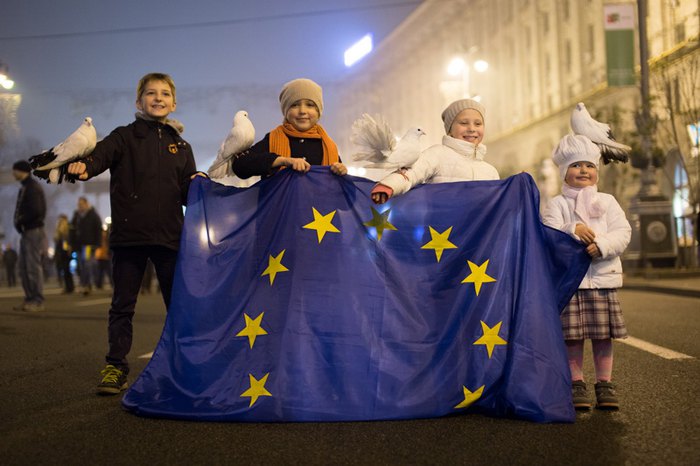
Prozorropublic procurement, an electronic declaration of wealth and expenses of politicians and civil servants was established. Digital transformation of the country is currently taking place, which significantly reduces corruption risks and opportunities.
It is clear that all the time the system tries to "roll back" and eliminate these achievements, in wartime it is motivated by secrecy and military necessity.
But with the efforts, primarily of the public, these "kickbacks" can be stopped. It is impossible not to notice that. Especially when it is possible to compare the level of corruption and anti-corruption measures in our country with the situation in other NATO member countries, for example in Romania, Hungary or Albania. I do not think that we are much worse, but these countries are members of the alliance.
At the beginning of our relations with NATO, political-corruption arguments were really perceived as a serious barrier to membership of the alliance. But every year, we had growing doubts about the sincerity of these arguments, which seemed more and more like a cover for unwillingness to see Ukraine in NATO for other reasons.
Once again, I stress that the position of the experts of the Information Defence project is the following one: corruption is an absolute evil, it must be fought, its level in the country is unacceptably high, and it is the main threat during the recovery of the country. But corruption is not the main obstacle to Ukraine's accession to NATO.
The Ukrainian government must constantly and daily fight against corruption, regardless of any international obligations, this is its constitutional duty to Ukrainian citizens.
If we talk about our foreign policy, finally, we can distinguish two cases: Ukraine's accession to the European Union and NATO's accession.
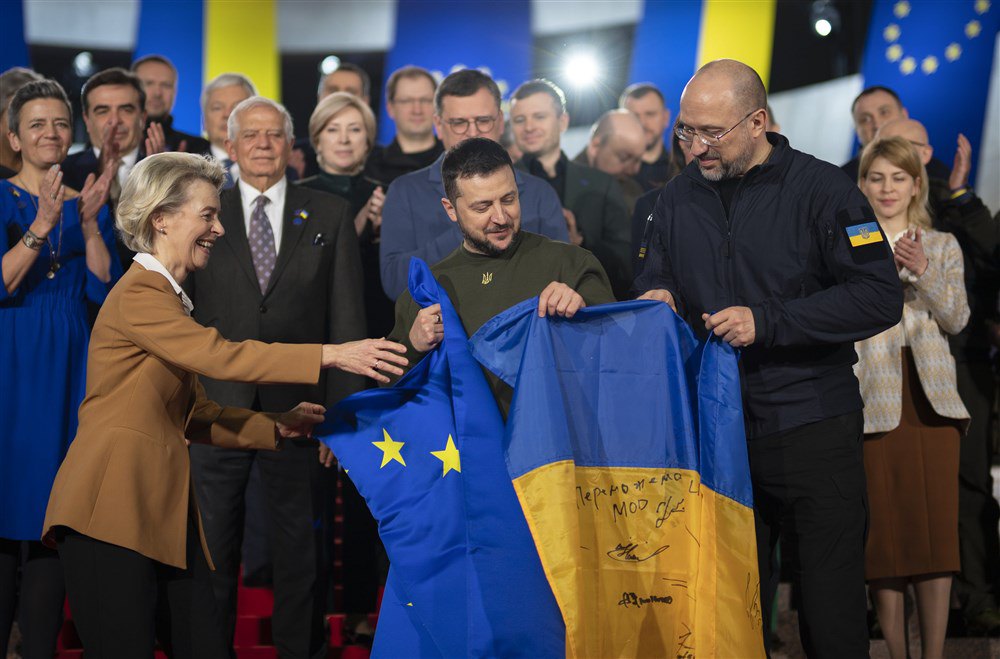
The first challenge for us is no less important than ensuring the security of Ukraine under the NATO umbrella. It is on the way to European integration that it is possible to solve the problems of judicial reform, the fight against corruption and the creation of a normal business climate. In our opinion, it looks absolutely logical.
Joining NATO should be linked to security issues, Ukraine's integration into NATO's military structures, and military-technical cooperation. This also looks completely logical.
By the way, general political and corruption problems are now used less and less in the speeches of top officials of the alliance. Today, their position on supporting or not supporting Ukraine's accession to NATO is based on other arguments.
The third group of arguments are connected with security. They are concentrated on insufficient public support for Ukraine's accession to NATO, the disunity of the country, the presence of occupied territories, and most importantly, on the russian-Ukrainian war.
The first of these arguments is weak. As we wrote above, there is a stable social and political consensus in Ukraine regarding the support of our country's entry into the North Atlantic Alliance.
Regarding the occupied territories.
In 1955, the Federal Republic of Germany (FRG) was admitted to NATO. At the same time, the German Democratic Republic (GDR) existed on the world map and was a member of the Warsaw Pact - a military-political bloc that opposed the North Atlantic Alliance.
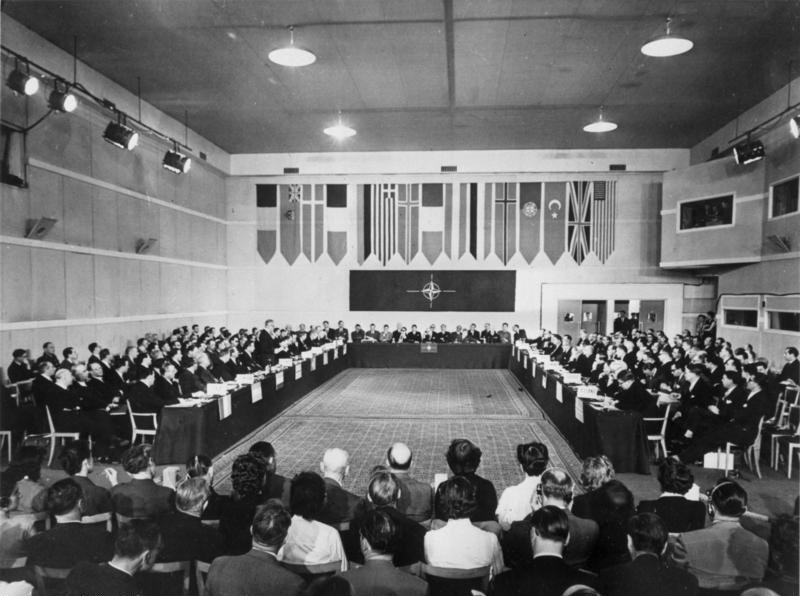
The German states regarded each other as an implacable enemy, and Germany considered the GDR an occupied territory and did not recognize it as a separate state. The problem was resolved only in 1971, when an agreement was signed between Germany and the GDR on the basis of mutual relations and the recognition of the German-German border. The described situation did not prevent Germany from being a member of the alliance for almost 16 years.
But there is one main argument that creates a seemingly insurmountable barrier on Ukraine's path to full membership of NATO.
This is the russian-Ukrainian war.
If we talk about the present, in case of an immediate decision on Ukraine's accession to NATO, the effect of Article 5 of the Washington Treaty should be extended to our country. Moreover, in such a case, the member states of the alliance should fully participate in the russian-Ukrainian war.
It is clear that this is impossible: neither the political class of Western countries nor the citizens of the bloc's member states are ready for this. Ukraine understands this.
If we talk about the foreseeable future, then the leaders of the NATO member countries are in a situation of geopolitical uncertainty, when they do not understand what the world will be like after the victory of Ukraine over russia, whether the russian empire will survive at all and in what form, and what will happen to nuclear weapons in rissia.
It would seem that the russian-Ukrainian war is an absolute obstacle to our Euro-Atlantic prospects, at least for now, and puts them in serious doubt in the future.
What decision should the Vilnius NATO summit make?
What decisions are being discussed today on the eve of the Vilnius summit?
On the agenda of our diplomats' negotiations with top NATO officials are: receiving a clear signal about Ukraine's membership of NATO after its victory over russia and agreeing on the algorithm (roadmap) for its accession; the transformation of the Ukraine-NATO Commission into a corresponding Council that will be able to make some joint binding decisions; obtaining additional security guarantees.
A positive solution to the issue of Ukraine joining the alliance, if it comes, will only be due to the positions of our neighbors, primarily Poland and the Baltic states. According to the information of the deputy head of the Office of the President of Ukraine Ihor Zhovkva, only 20 of the 31 NATO member countries currently support Ukraine’s entry into the bloc. But let me remind you that we need a unanimous decision, especially since the leader of the Western world, the USA, takes a very cautious position.
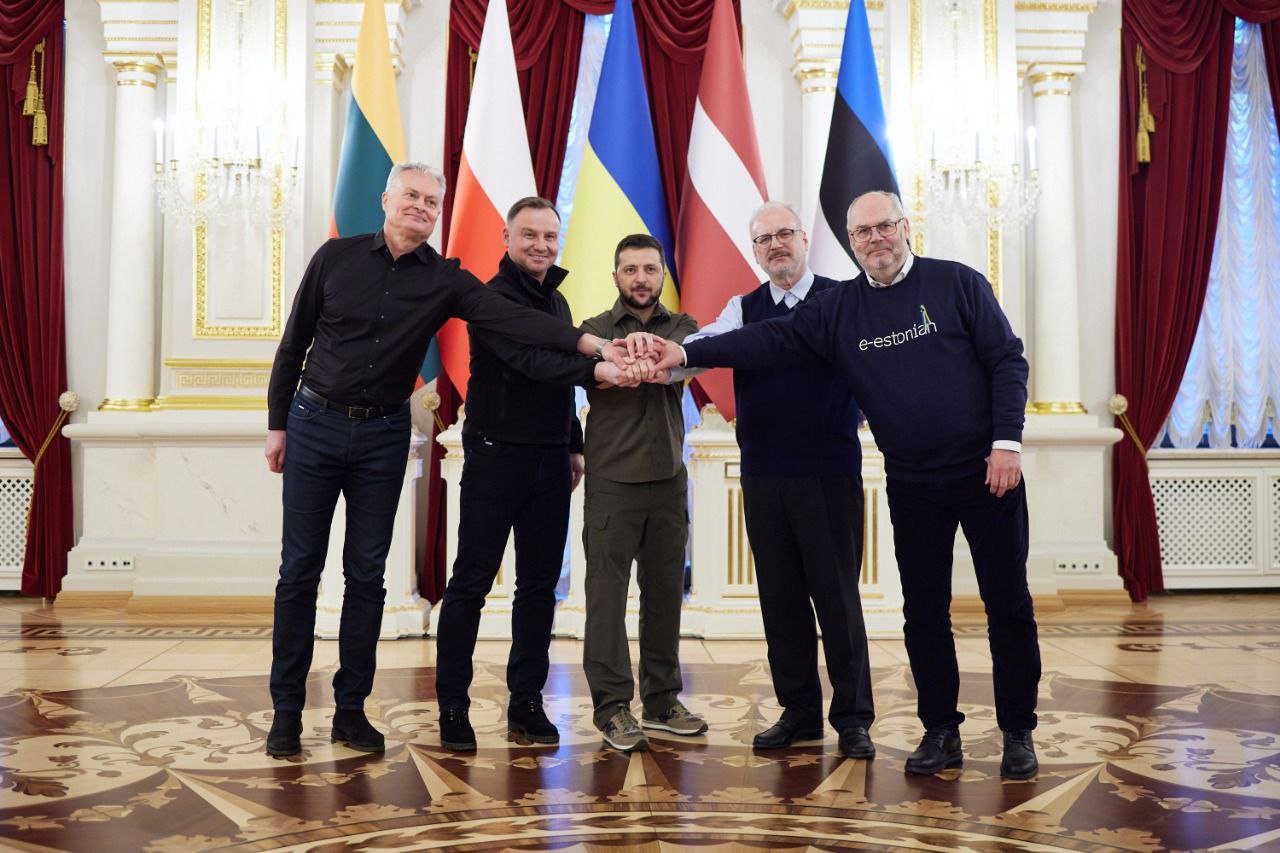
Analysts of the Information Defence project propose the following decision, which can and should be adopted at the Vilnius NATO Summit.
First, the member countries of the alliance must take a decision regarding the acceptance of Ukraine into the political system ofNATO.
At the same time, the effect of Article 5 of the Washington Treaty will not be extended to Ukraine until our country fully acquires membership of the alliance.
Let us give you a historical example. At the beginning of 1966, NATO member France announced the withdrawal from its military structure and declared that all objects of the alliance, as well as allied forces, should leave the territory of the country.
From that moment, French troops were no longer subject to NATO command. All American aviation (about 200 fighter bombers) was relocated to Great Britain and Germany. France's air defenses were separated from the alliance's single air defense system, and the French Mediterranean fleet was removed from its control.
However, France remained a member of the NATO political organization, that is, participated in its non-military structures, humanitarian and other cooperation.
Ukraine can be accepted into the NATO political organization already at the Vilnius summit in July 2023, without creating additional military threats to the alliance itself.
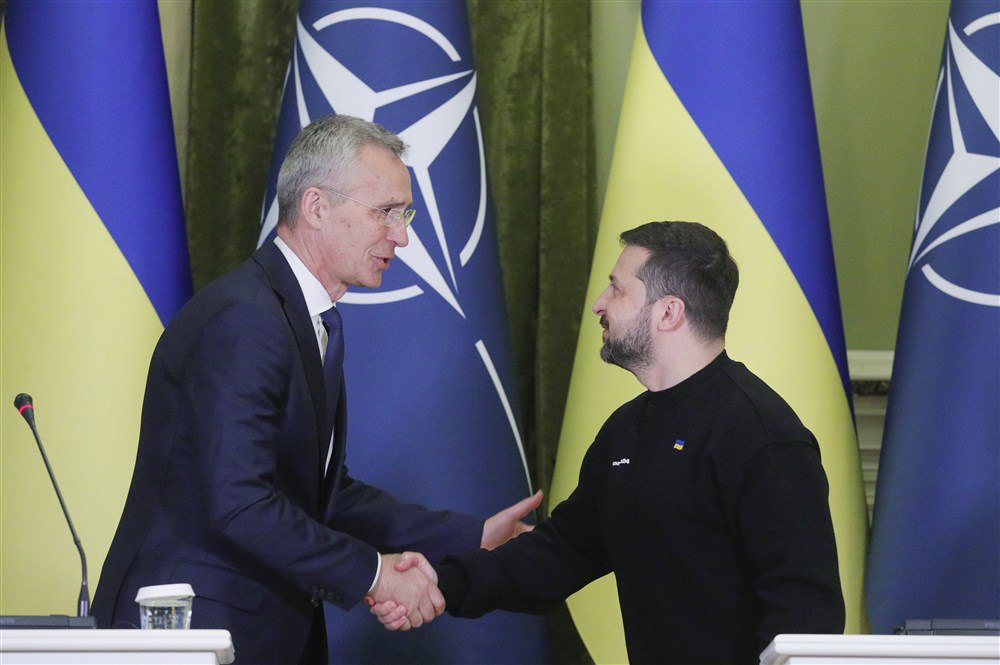
In this case, our state will be able to participate in the work of non-military NATO structures, which provide a process of consultation, coordination and cooperation in political, economic and other aspects of security, as well as provide an opportunity to cooperate in the fields of science, information, ecology and response to emergency situations.
Second, a clear and unambiguous decision must be made at the Vilnius NATO summit: Ukraine will become a full member of NATO after the victory over russia.
In our opinion, this should be an absolutely clear and understandable formula, which should not have a double interpretation, and the procedure for acquiring membership should be based on the precedents of Finland and Sweden, that is, entry without any conditions.
We do not need the MAP (Membership Action Plan), discredited in Ukrainian society, which our Armed Forces carry out on the battlefield.
We also don't need an onboarding roadmap with hundreds of vague tasks that may sometimes have nothing to do with security issues. If such a map is adopted, it should define clear and concrete steps that will bring Ukraine to NATO.
Third, at the Vilnius summit, a separate agreement should be concluded between NATO and Ukraine regarding the provision of additional security guarantees to our country during the transition period.
In particular, these are guarantees of ensuring economic security and macro-financial stability, continuation and expansion of military-technical cooperation, and strict sanctions policy.
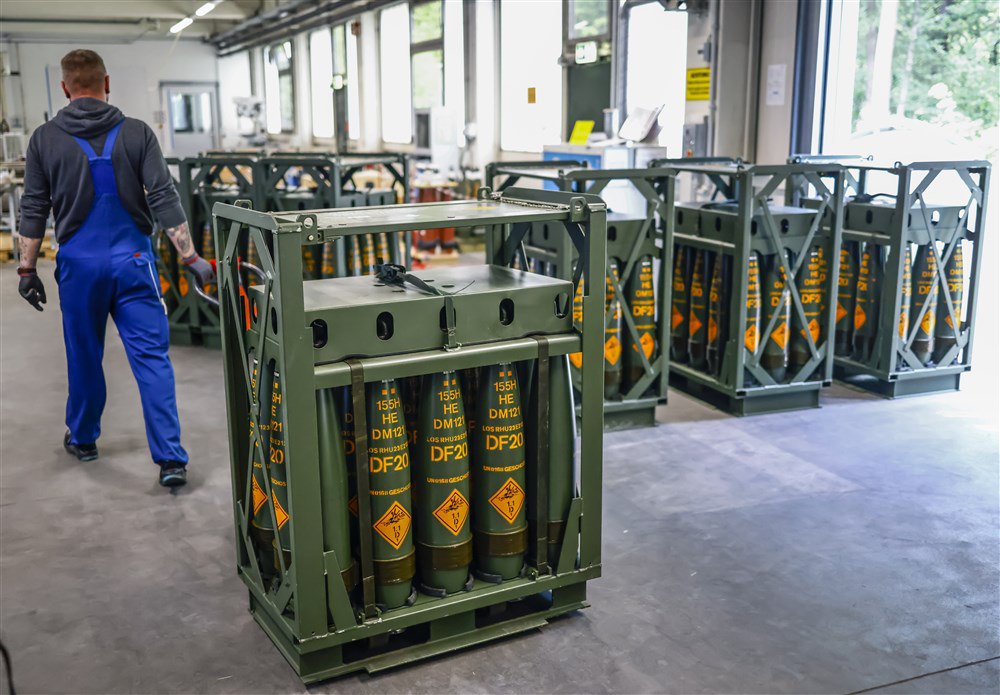
These guarantees should be based not only on the statements of individual Western leaders who promise to help us as much as needed and not only on the goodwill of our partners. These promises must be turned into clear norms of the international agreement, which must be ratified by the parliaments of the NATO member states.
From Ukraine's point of view, the proposed solutions, I stress, do not take into account the national interests of Ukraine sufficiently or at all.
From the point of view of our Western partners, these proposals are still a fantastic step.
But this is a compromise, ladies and gentlemen.
Analysts of the Information Defence project are aware of how difficult it will be to "push through" the above solution.
But we believe that such a negotiating position should be announced publicly, and its elements should be taken up by the leadership of the country, the Ministry of Foreign Affairs and the Ministry of Defence of Ukraine.
P. S. On June 27, 2023, the “Open Policy Foundation and the Kyiv office of GLOBSEC with the assistance of the Ministry of Foreign Affairs of Ukraine, the Diplomatic Academy of Ukraine, as well as in partnership with the Center for East European Studies (Vilnius, Lithuania), the public organization "Common Victory", and the NATO Office in Ukraine are organising an internationalconference ‘Ukraine and NATO on the eve of the Vilnius Summit: from Support through Victory to Membership’.
We hope that the opinions and proposals in support of Ukraine's accession to NATO, which will be presented at this event, will be taken into account by the leaders of the alliance countries during the preparation and decision-making of the Vilnius Summit.







